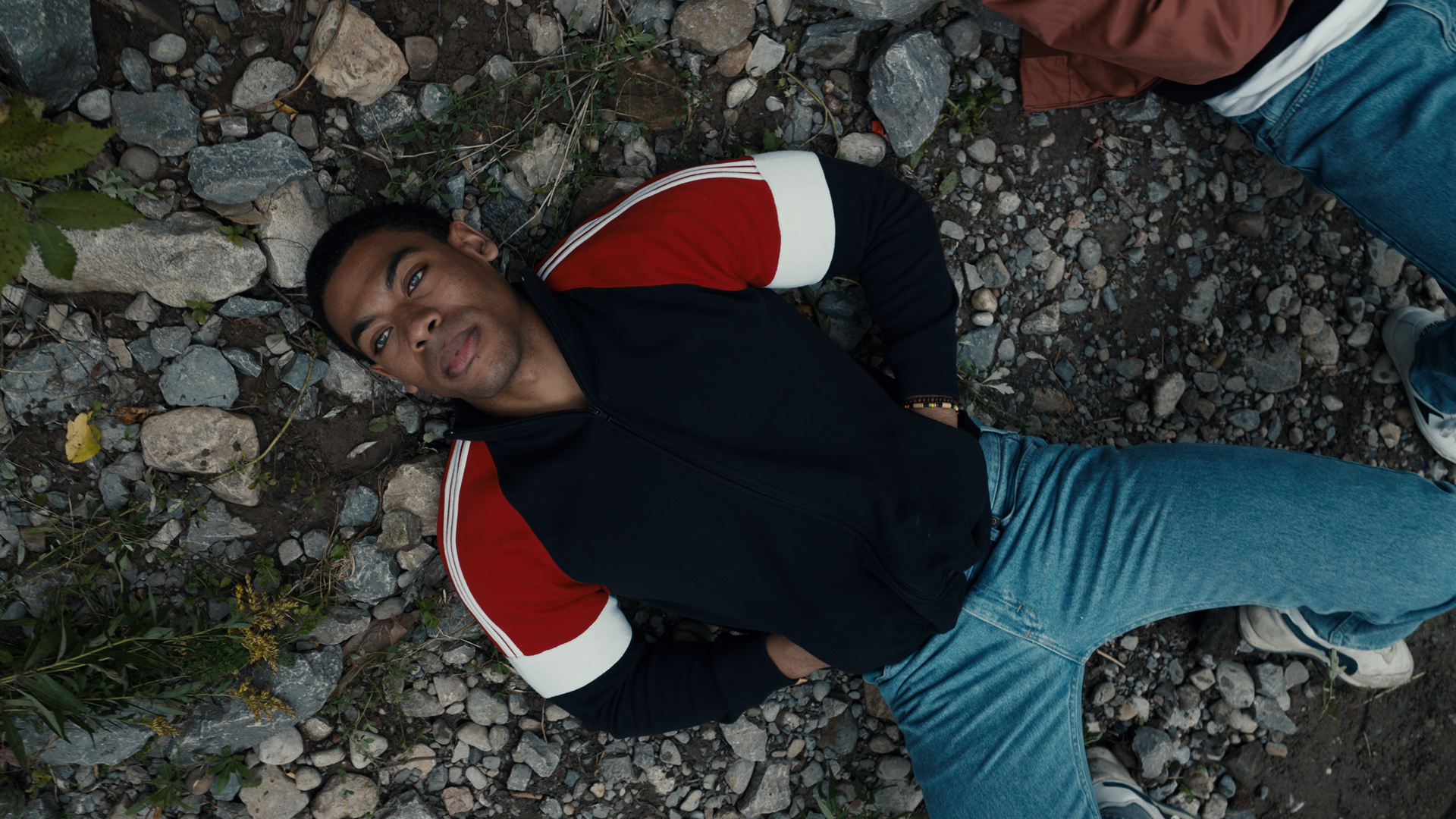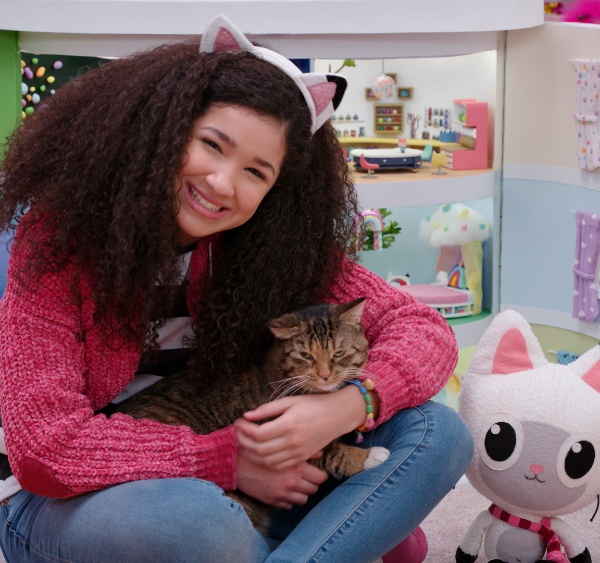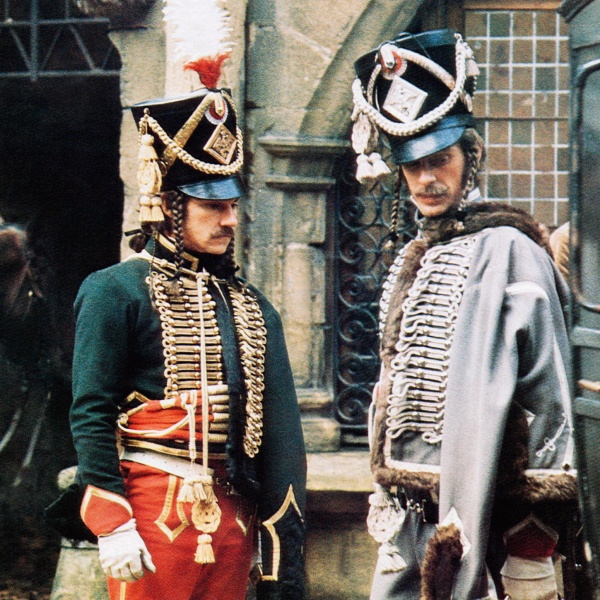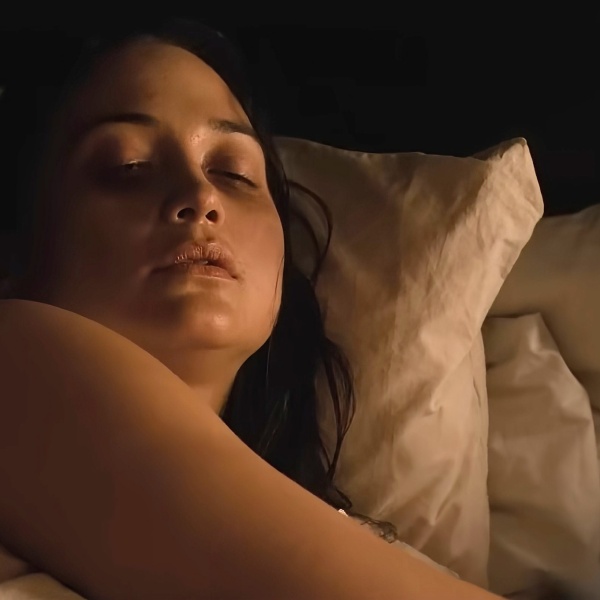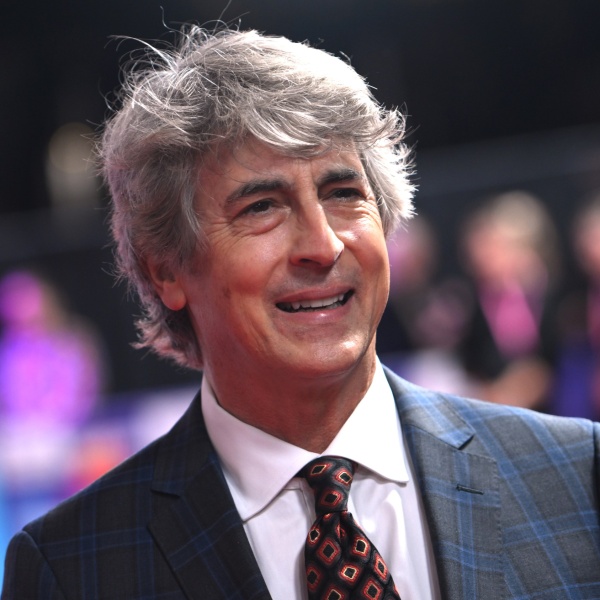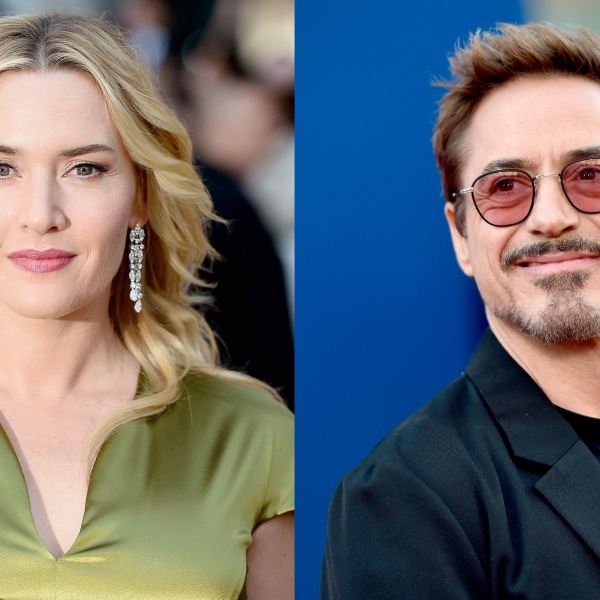Clement Virgo’s “Brother” is the kind of movie whose opening scene is obviously meant to serve as a skeleton key for the rest of the story to come, but this decades-spanning drama — a lyrical and probing adaptation of David Chariandy’s novel about two siblings coming of age under the care of their Trinadadian single mother in the suburbs of Toronto — is so unstuck in time and shot through with raw emotion that its clunkier moments tend to function like tender maps back to the heart of the matter.
It starts with a formative memory that feels like a legend, as scrawny teenage Michael (“The Last of Us” actor Lamar Johnson) and his very big bro Francis (“The Underground Railroad” star Aaron Pierre) stand beneath the power lines that run along the Scarborough bluffs and listen for secrets amid the electric hum. “The buzz gets louder the higher you get,” Francis cautions his little brother, “and you can’t make one false move or it will fry you alive.” But the view from the top is worth it, Francis promises, and Michael will be able to see it for himself if he just follows in his footsteps. “Let’s climb.”
So begins a film about the frustrated upward mobility of two first-generation brothers — a pair of fatherless Black men fighting to make their way in a country that’s hostile to their very existence. The climb will severely punish them both for the fearlessness that Francis displays in the face of such circumstances, but the beauty of Virgo’s adaptation lies in its formal resistance to the pain that its characters encounter over the years, and in its abject refusal to accept the idea that struggle happens in a straight line (or that success is a zero-sum game).
Informed by a bone-deep understanding that life is more circular than vertical, despite our apparent need to narrativize it as a ladder, “Brother” eschews the rise/fall/resurrection structure of most immigrant dramas. Instead, it favors an atemporal swirl that reflects the full nuance of Francis and Michael’s respective dreams, and also the richness of what their cash-strapped mother is able to offer her sons even after she begins to unravel (Ruth is played with raw-nerve intensity by “I’m Your Woman” actress Marsha Stephanie Blake, her character re-coded as Jamaican so that Virgo could bring more of his own history to bear on this story).
The day that Francis and Michael climbed the Scarborough power lines in the summer of 1991 becomes an anchor point for a story that moves through the years with the unmoored momentum of a Christopher Nolan movie, its timeline stretching as far into the future as 2001 and as deep into the past of the brothers’ latchkey childhood as their memory will allow. We know from the start that Francis disappears at some point toward the end of the century, but the details of his absence will remain a mystery until the bitter end, as every one of the film’s austere dolly shots pushes Michael closer to seeing a way forward in the slipstream of hope and heartache that his brother has left behind.
Virgo has cited “Moonlight” and “If Beale Street Could Talk” as two of his movie’s biggest touchstones, and the lessons that “Brother” has gleaned from Barry Jenkins’ example are as poignant and iterative as those Michael takes from Francis, particularly insofar as its use of operatic camerawork and a lush orchestral score to defy the gravity of its story’s downward pull. “Brother” is littered with many of the hardships that you might expect from a hard-nosed drama about young Black men growing up in an overpoliced low-income housing complex, but Virgo doesn’t allow the familiarity of oppression to flatten the specificity of his characters. The cops are a constant threat, but they’re often blurred into the background or framed out of the picture like the grown-ups in a Charlie Brown cartoon. Gang violence plays a similarly crucial role, but only as an avenue towards exploring the finer points of Francis’ masculinity.
A seemingly invincible giant who frightens Michael’s high school bullies into submission and scares a local tough by squeezing the guy’s knife with his bare hand, Francis is also the most upbeat, perceptive, and charismatic person his little brother has ever met. It’s Francis who teaches Michael how to “show the world you’re not a nobody,” Francis who introduces him to Rakim and the Talking Heads, and Francis who models how to play things cool no matter how much people try to get under your skin.
Pierre’s arresting performance — the work of a major actor measuring the vast dimensions of his talent before our eyes — is brilliant in the way it leverages Francis’ brawny physique for the strength it needs to hold the character’s many contradictions, and even when “Brother” gets mired in the whirlpool of its own dramatic structure during the most torpid stretches of its second half, the movie instantly renews its urgency whenever Pierre is on screen to show Francis losing his faith. A perfect meta-textual grace note: Pierre and Johnson are the same age in real life, which adds to the atemporal flow of Francis and Michael’s relationship.
For his part, Johnson does stoic work as the audience’s surrogate, and Kiana Madeira brings tremendous warmth to her stiff and slightly underwritten role as the girl next door (Aisha and Michael’s Oedipal meet-cute is the kind of dialogue scene that makes it that much easier to appreciate Virgo’s gift for unspoken detail), but these characters spend most of the film reacting to Francis’ choices over the years as if searching through his story for a hidden stereogram. When Aisha reacts to a crushing revelation by sighing “This can’t be the end,” she might as well be someone who just realized they’re missing the last few pieces they need to finish a jigsaw puzzle.
Which isn’t to say that she’s wrong. That isn’t the end, and when “Brother” does finally make it to the top of the power lines that run through Virgo’s time-hopping drama in a way that allows it to always seem current, the view is made all the more extraordinary for how this movie and its characters have lost their footing along the way.
Grade: B+
Vertical will release “Brother” in theaters and on VOD on Friday, August 4.
